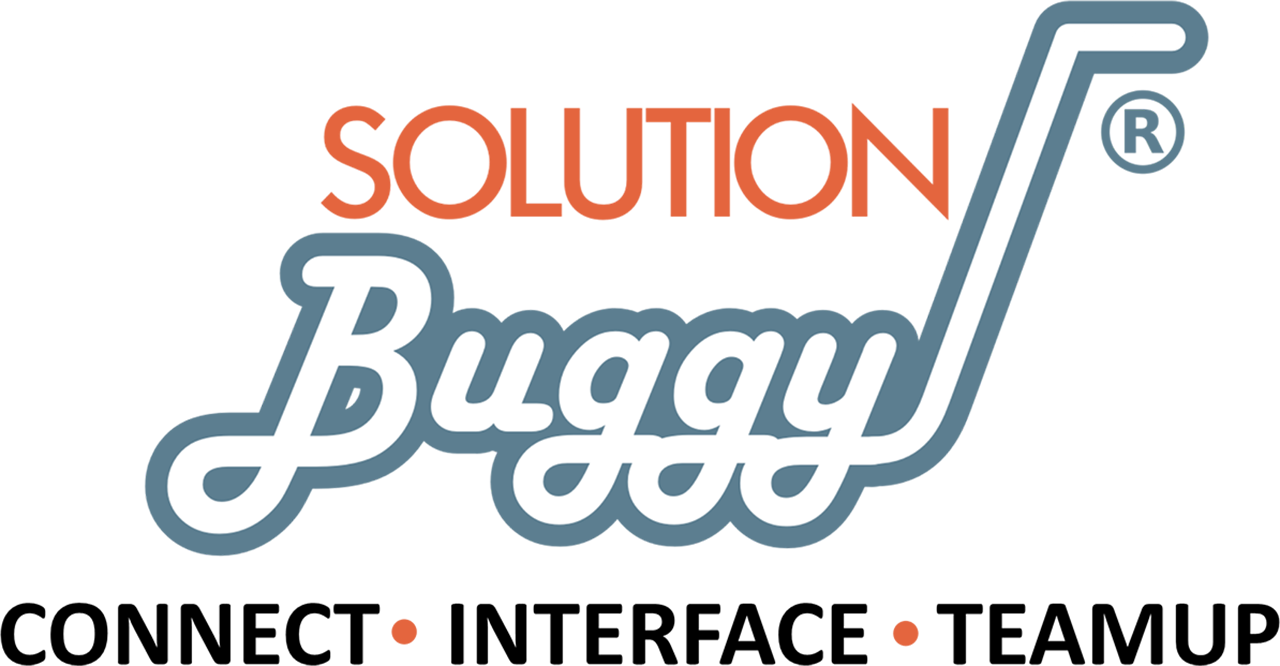SolutionBuggy is an excellent choice for entrepreneurs looking to start and grow their food processing industries for several reasons. We provide customised solutions tailored to meet the unique needs of each of our clients, ensuring they receive the support they need to succeed. We offer a comprehensive approach that addresses all aspects of the food industry. Our team of food processing consultants is composed of experienced professionals with backgrounds in food processing, food science, business, marketing, and operations.
SolutionBuggy takes a hands-on approach to assisting our clients. We work closely with entrepreneurs from the early stages of their business plan to ensure they have a solid foundation for success. Our food processing consultants assist with product development, identifying key markets, pricing strategies, and marketing plans. We provide guidance on all aspects of the food industry, including food safety, packaging, and labelling requirements, to ensure our clients are in compliance with all relevant regulations.
Choosing SolutionBuggy as food processing consultants to start and grow food processing industries offers entrepreneurs the advantage of our experience and expertise. We have a proven track record of helping our clients achieve their goals, whether they are just starting out or seeking to expand their business. Our focus on customised solutions and personalised support sets us apart from other consulting firms. We are committed to the success of our clients and are dedicated to helping them achieve their vision.









